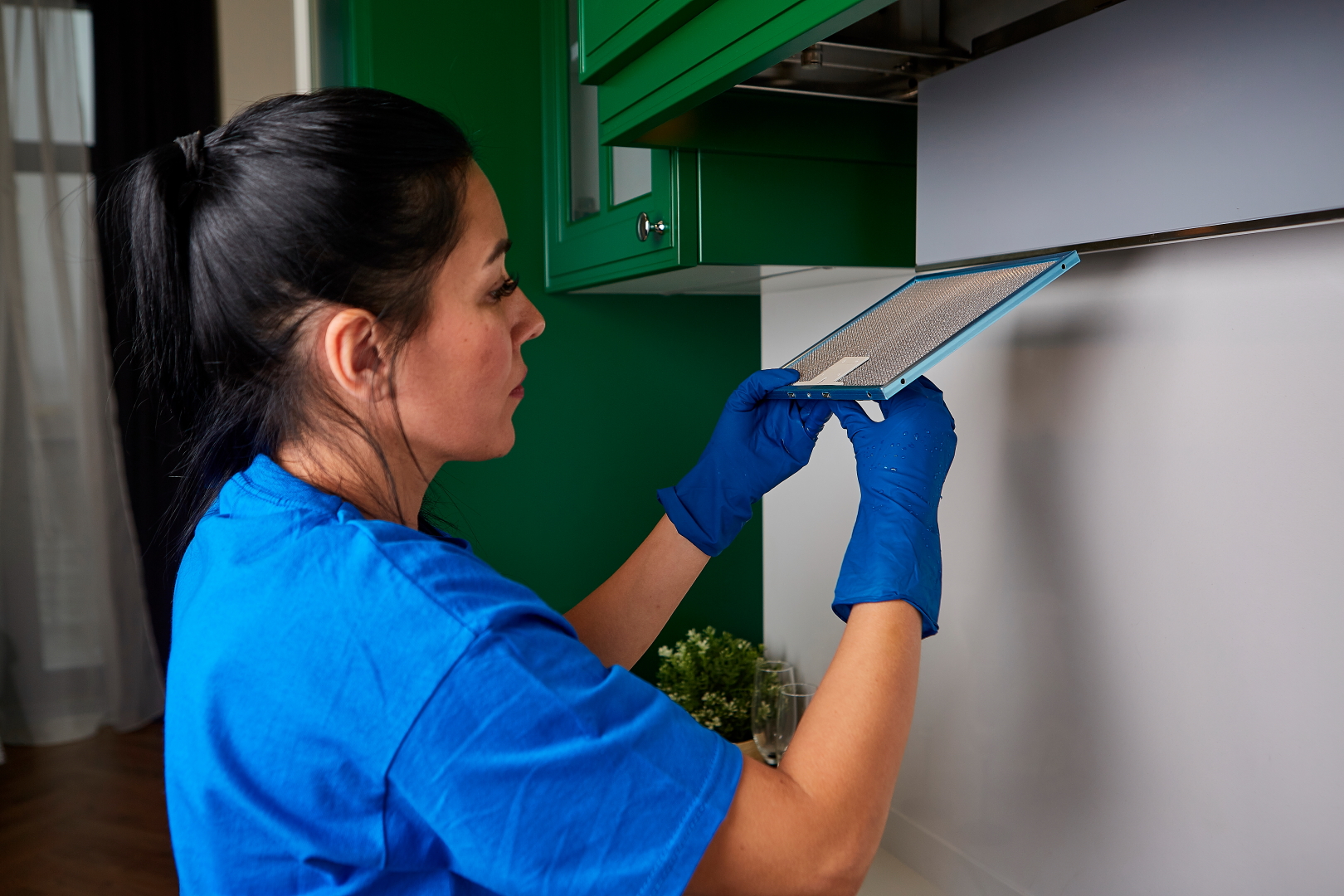Unlocking a Career as a Sewer Cleaner: Salary Insights, Opportunities, and Career Change Paths
As urban populations continue to grow, the demand for sewer cleaning professionals is at an all-time high. If you're considering a career in this essential industry, you're in for a ride that combines stability with lucrative opportunities. In this blog, we’ll unpack the salary prospects, career opportunities, and potential pathways to transition into this rewarding field. Whether you're a high school graduate looking to get started or a seasoned professional seeking a shift in your career, this guide will equip you with everything you need to know about making it as a sewer cleaner.

The Ins and Outs of Sewer Cleaning: Understanding the Role
The role of a sewer cleaner is crucial for maintaining public health and safety. Tasked with ensuring that sewage systems operate efficiently, sewer cleaners are responsible for diagnosing issues, performing routine maintenance, and utilizing specialized equipment to clear clogs and blockages. The work can be physically demanding and often requires working in less-than-ideal conditions.
However, the payoff can be significant, both in terms of salary and job security.
Salary Insights: What Can You Expect as a Sewer Cleaner?
Before diving into a new career, it’s vital to understand the earnings potential. According to recent data, the average salary for a sewer cleaner ranges from $30,000 to $60,000 annually, depending on experience, location, and specific job responsibilities. Here’s a closer look at some key factors influencing salary:
- Location: Urban areas typically offer higher salaries due to increased demand for sewer services. For instance, sewer cleaners in New York City or Los Angeles may earn upwards of $70,000 yearly.
- Experience: Like many trades, experience is paramount. Entry-level positions may start around $30,000, while seasoned professionals and those in supervisory roles can command salaries well into the $60,000s.
- Certifications and Specializations: Additional certifications in areas like wastewater management can increase earning potential. Professionals with specialized skills may position themselves for higher-paying roles.
Career Opportunities: Growing Your Path in Sewer Cleaning
The beauty of becoming a sewer cleaner lies in the variety of career advancement opportunities available. Here are several potential paths and advancements in this critically important field:
- Supervisory Roles: After gaining experience, you could advance to a supervisory position, overseeing a team of sewer cleaners and managing larger projects.
- Wastewater Treatment Plant Operator: Transitioning to a plant operator role can offer higher pay and more regular hours, as these facilities require constant management and oversight.
- Environmental Technician: If you aspire to directly influence environmental health, consider specializing as an environmental technician. This role focuses on overseeing pollution control and remediation efforts, often providing a broader career scope.
- Establishing Your Own Business: Many experienced cleaners eventually start their own sewer cleaning business. With ample demand, becoming an entrepreneur can lead to significant financial rewards.
Making a Career Change: Transitioning to Sewer Cleaning
Are you contemplating a career change? Here’s how you can smoothly transition into the sewer cleaning profession:
- Research and Training: Explore local community colleges or vocational schools offering certifications in sewer cleaning or wastewater management. These programs provide essential hands-on training.
- Networking: Connect with professionals in the field. Attend local environmental or plumbing trade shows to meet experienced workers and get a taste of the industry.
- Seek Internships or Entry-Level Positions: Hands-on experience is crucial. Look for internships or apprenticeship programs that allow you to learn while working under seasoned professionals.
- Consider Related Fields: If you're already in a trade like plumbing or construction, transitioning to sewer cleaning may be a natural step. Existing skills in maintenance and infrastructure will serve as a solid foundation for your new career.
Common Questions about Becoming a Sewer Cleaner
1. What is the job outlook for sewer cleaners?
The Bureau of Labor Statistics projects a steady growth of about 6% for sewer cleaning and maintenance jobs over the next decade due to the ongoing need for infrastructure maintenance.
2. What skills do I need to succeed in this field?
Essential skills include physical stamina, problem-solving abilities, teamwork, and technical knowledge of sewer systems and equipment. Additionally, safety awareness is paramount in this line of work.
3. Are there any specific training programs available?
Yes, many community colleges and trade schools offer training programs that cover both theoretical knowledge and practical skills related to sewer maintenance and safety protocols.
4. Is the work environment hazardous?
While sewer cleaning can be physically demanding and, at times, hazardous due to exposure to sewage, proper training and safety equipment significantly mitigate risks.
Conclusion: Is a Career as a Sewer Cleaner Right for You?
A career as a sewer cleaner is not only crucial for community health and safety but also offers substantial financial rewards and growth opportunities. Though the job requires hard work and an adventurous spirit, it can be exceptionally fulfilling for those willing to embrace the challenge.
If you're considering a career shift or looking for a reliable profession with room for advancement, sewer cleaning might just be the path for you. By investing in yourself through training and networking, you can pave the way for a successful journey in this vital industry.
Ready to dive into a new career? The world of sewer cleaning is waiting for you!















